Circadian Health
Circadian health is an intricate but essential aspect of our lives, governing our daily rhythms, sleep patterns, and overall well-being. In this blog, we'll explore the fascinating world of circadian rhythms, their impact on our lives, and practical tips for nurturing your circadian health.
Understanding the Circadian Clock
Imagine your body as a well-tuned orchestra, with every instrument playing in harmony. This symphony of internal processes, known as circadian rhythms, guides your body through a 24-hour cycle. These rhythms influence everything from your sleep-wake cycle to hormone production and body temperature regulation.
The Role of the Suprachiasmatic Nucleus (SCN)
At the heart of this intricate orchestra is the suprachiasmatic nucleus, a tiny cluster of cells in the brain's hypothalamus. The SCN acts as the conductor, synchronizing your body's internal rhythms with the external world.
Circadian Health and Sleep
One of the most prominent roles of circadian rhythms is regulating our sleep-wake cycle. When aligned with your natural circadian rhythm, sleep becomes restorative and refreshing.
Tips for a Better Sleep-Wake Cycle:
- Consistent Sleep Schedule: Go to bed and wake up at the same time every day, even on weekends.
- Limit Exposure to Artificial Light: Reduce screen time before bedtime and consider using blue light filters on electronic devices.
- Optimal Sleep Environment: Create a dark, quiet, and cool sleeping space.
Circadian Rhythms and Daily Activities
Circadian health extends beyond sleep. It affects your energy levels, mood, and cognitive function throughout the day.
Enhancing Your Daily Routine:
- Morning Sunlight: Exposure to natural light in the morning helps reset your circadian clock and boost alertness.
- Leverage Peak Times: Align demanding tasks with your body's peak energy levels during the day.
- Afternoon Breaks: Short breaks and outdoor walks can help maintain your energy levels and focus.
Nutrition and Circadian Health
Believe it or not, what and when you eat can significantly impact your circadian health.
The Importance of Meal Timing:
- Breakfast Kickstart: Eat a balanced breakfast to jumpstart your metabolism and align with your natural circadian rhythm.
- Time-Restricted Eating: Consider time-restricted eating, where you consume all your meals within a specific window during the day.
- Late-Night Eating: Avoid heavy meals close to bedtime, as they can disrupt your sleep.
Circadian Disruptions and Their Consequences
In our modern world, circadian health often faces challenges, such as shift work, jet lag, and excessive screen time at night.
Mitigating Circadian Disruptions:
- Shift Work Strategies: If you work irregular hours, establish a consistent sleep schedule and minimize light exposure during the day.
- Jet Lag Recovery: Gradually adjust your sleep schedule before traveling to minimize the effects of jet lag.
- Digital Detox: Reduce screen time at least an hour before bedtime to mitigate the effects of artificial light on your circadian rhythms.
Conclusion
Circadian health is the invisible thread that weaves through our lives, influencing our sleep, energy, and overall well-being. By understanding and nurturing our circadian rhythms, we can lead healthier, more balanced lives.
Remember, the key to circadian health lies in consistency and alignment with your body's natural clock. Small adjustments to your daily routine can yield significant benefits for your physical and mental health. So, embrace the rhythms of nature, prioritize quality sleep, and let your body's internal orchestra play in perfect harmony.











